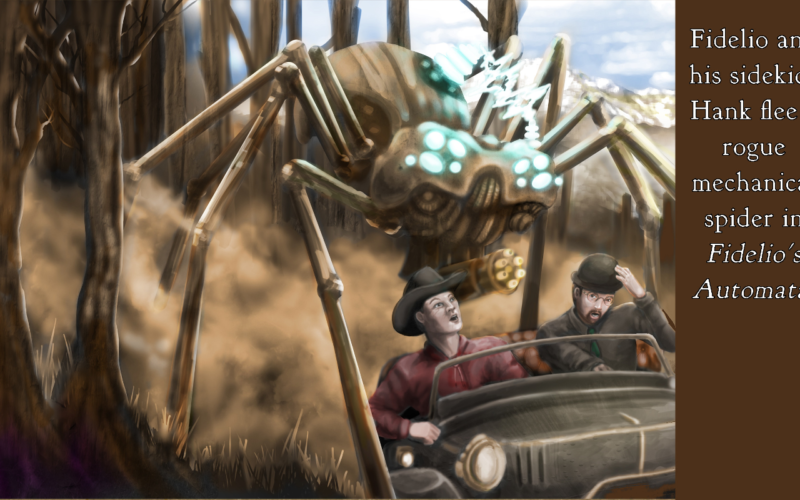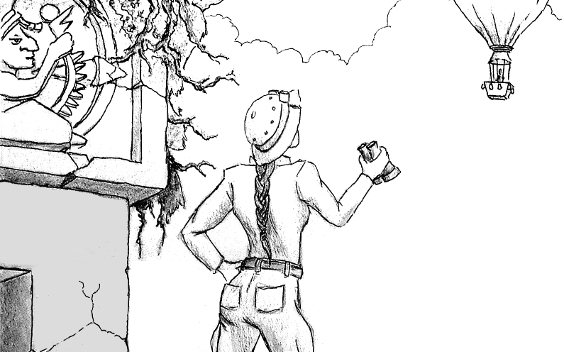
Although I’ve so far confined myself to reviewing fiction, I’ve decided to cross the threshold into the non-fiction world. Jordan Peterson is a clinical psychologist and a professor at the University of Toronto. Recently he’s become a bit of a celebrity and the center of controversy. He’s also suffered bitter attacks from both the far left and the far right. His book is called Twelve Rules For Life: An Antidote To Chaos.
If you’re curious about the Jordan Peterson phenomenon, enter his name in the search field on You-Tube. He has his own channel and appears in hundreds of other videos there. Many of these are his recorded lectures at the University of Toronto and others are media interviews or discussions with fellow psychologists. Peterson was only mildly famous until her provoked the ire of social justice warriors. He spoke out against an Ontario law that would make it a “human rights violation” to refuse to address a person by the gender pronounce of their (zirs? its?) choice. It was an issue of free speech, he said. To the sensitive snowflakes of academia, this made him nearly as bad as Hitler. Naturally, this attracted the attention of the right and made him an international celebrity.
Before the transgender pronoun flap, Peterson had published one book, Maps of Meaning. I understand it’s a dense philosophical treatise influenced by Peterson’s hero, Carl Jung. Twelve Rules for Life is much more basic and quickly became a best-seller. The Twelve Rules are a collection of homilies, some straightforward like “Stand up straight with y our shoulders back” and “Tell the truth – or at least, don’t lie.” Others are more metaphorical: “Do not bother the kids when they are skateboarding” and “Pet a cat when you encounter one on the street.”
Peterson illustrates each of his rules with scientific explanations and real-life examples. Speaking of illustrations, the beginning of each chapter features a relevant drawing by the renowned comic book artist Ethan Van Sciver. The artist has also courted controversy. He’s a lonely Trump supporter among the far-left-dominated comic industry, and in fact, his former colleagues have tried to de-platform him. He has a popular YouTube channel called “Comic Artist Pro Secrets,” in which he deals extensively with the politicization of comics as well as his beloved sci-fi franchise Star Wars.
Critics of Peterson’s work often say that he’s not original and that his pronouncements are just common sense. That’s what I like best about him. In an age when one is expected to espouse or at least support six mutually contradictory politically correct dogmas before lunchtime, speaking common sense is a revolutionary act. Unfortunately, many of the stories and examples in his book are lifted almost verbatim from his video lectures, which I’ve watched extensively. Furthermore, some of the chapters have a rather tenuous link to the rule he’s trying to illustrate. For example, to support the first rule, “stand up straight,” he discusses the biology of lobsters, and how an “alpha” lobster has good posture as opposed to the meek and submissive movements of one that’s been defeated in battle. The lesson is that our body language affects our mood, with lobster behavior as a metaphor. He goes on about that a bit too long for my taste.
That said, I didn’t dislike the book; I was just disappointed at the lack of new material. It wasn’t as revolutionary and inspirational as I would have liked it to be. Nevertheless, I enjoyed the book and found it motivating in places. I give it 3.5 out of 5 gears.



































